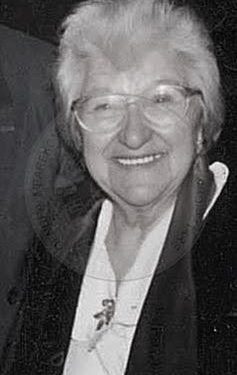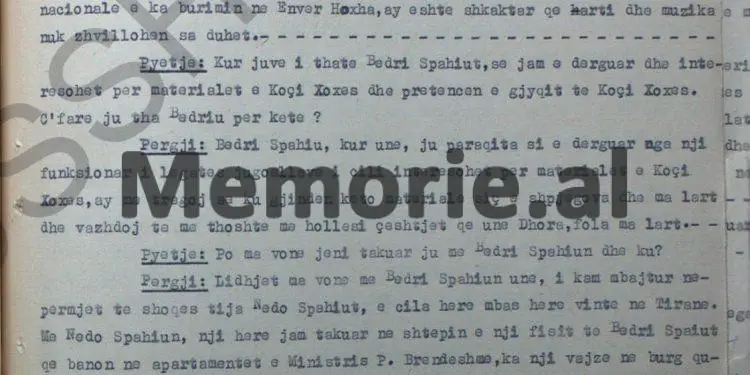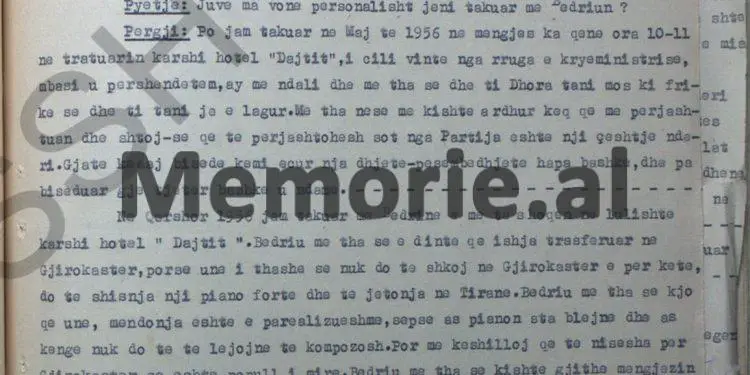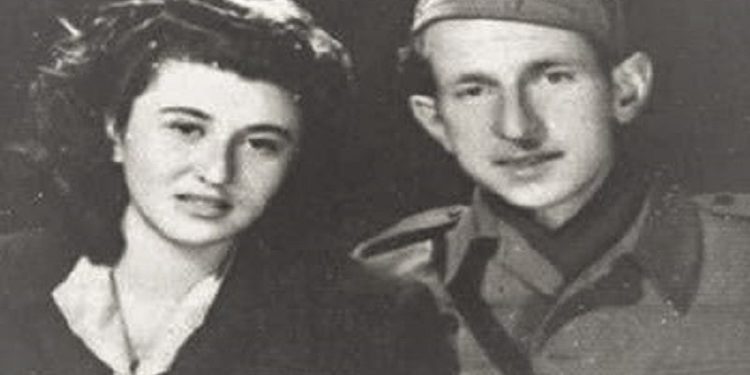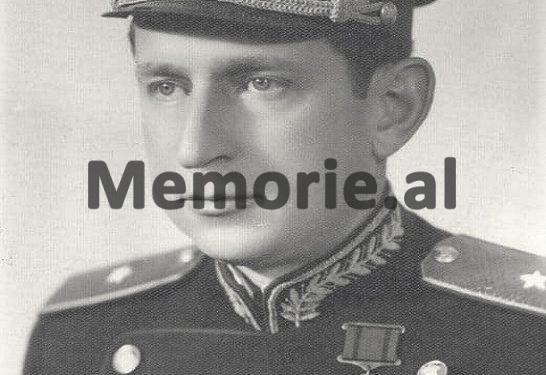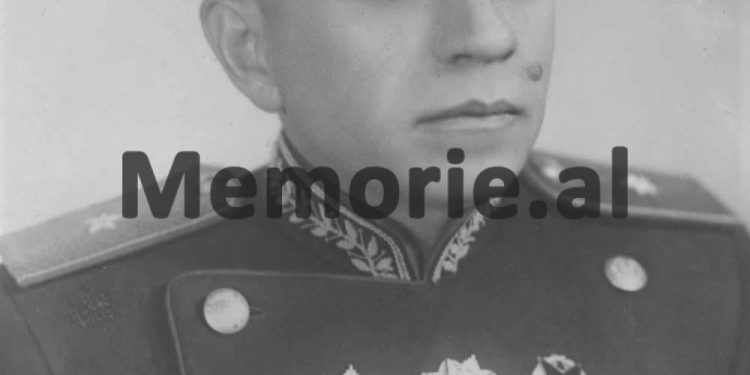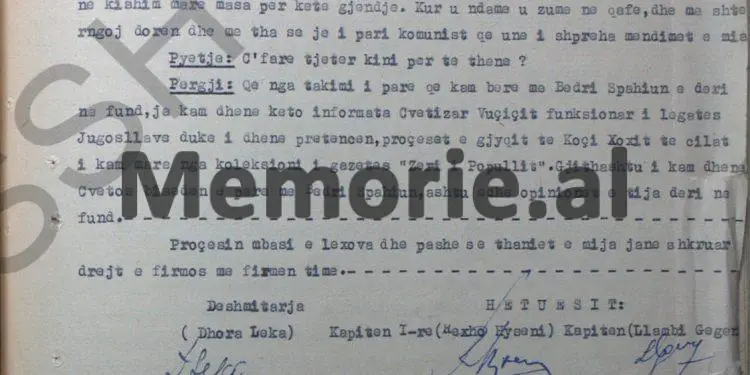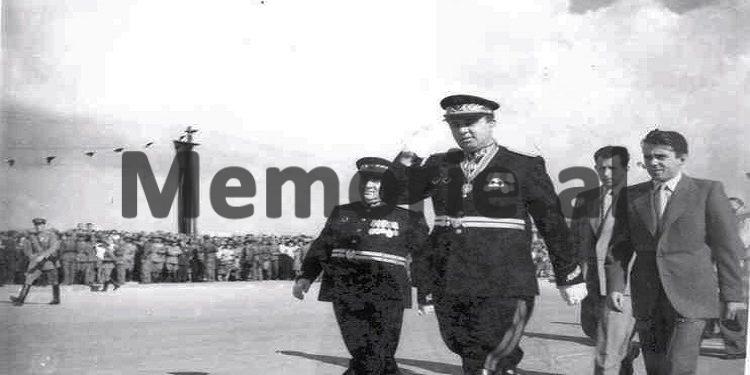Dashnor Kaloçi
Part thirty
Memorie.al/ publishes some archival documents issued by the institution of the Authority for Information of Former State Security Files, where there is a voluminous file belonging to Tuk Jakova, who since the period of Zog Monarchy, was one of the leaders of the Communist Group of Shkodra, sentenced to political prison in the famous trial of 1938, together with Qemal Stafa and Vasil Shanton, participant in the founding meeting of the Albanian Communist Party and member of its Central Provisional Committee, since the founding meeting of November 8, 1941, political commissar of the First Assault Brigade and the First Corps of the National Liberation Army, where from the end of the War, in November 1944 until 1955, he held several senior party and state functions and duties. , as: member of the Politburo and secretary of the Central Committee of the Albanian Communist Party, full ambassador of the People’s Republic of Albania in Belgrade, President of the Trade Unions of Albania, Minister of Finance and Deputy Prime Minister of the Albanian government, headed by Enver Hoxha, etc. The entire voluminous file (forms and investigative) that is published for the first time by Memorie.al., Where there are hundreds of unknown documents, in charge of the former lieutenant general Tuk Jakova, (“People’s Hero”), which belong to the period 1951-1959, when he, after numerous contradictions with Enver Hoxha since the end of the war, in 1951 was expelled as a member of the Politburo and in 1955, he was expelled from the Central Committee of PPSh, being dismissed from all party and state functions, which he had held until then, was interned with his family in the district of Berat, where after working for some time as head of the Carpentry Department in that city, in 1957 was sentenced to solitary confinement in Kanina Castle, Vlora district, where he was arrested in 1958, sentenced to 20 years in prison, accused of being a “traitor and enemy of the people”, until he died in the Prison Hospital. of Tirana in 1959, in mysterious circumstances! What is said in the secret documents (reports, photographs, cards, forms, report-information, notes, minutes, surveillance reports, plan-measures, statements, denunciation letters, etc.) belonging to the period 1955-1959, when he was under constant surveillance and surveillance by the State Security bodies, who were the officers of the bodies of the Ministry of Internal Affairs, who were in charge of his surveillance, and the names and nicknames of the Security collaborators, who kept him under strict control. ?!
Continued from the previous issue
The document with the minutes of the interrogation of the witness Dhora Leka, by the investigators of the State Security Directorate, Captain I Rexho Hyseni and Captain LlambI Gegeni
Process – verbal
(Evidence)
Tirana, January 18, 1958.
I, the investigator of the State Security Directorate, Captain I, Rexho Hyseni, assisting Captain Llambi Gegeni, interrogated the witness Dhora Lekë, the daughter of Andrea and Anastasia, dated 1923, born in Korça and resident in Gjirokastra, with higher education, composition profession, poor class, divorced, sentenced to 25 years in prison, in 1957, for political issues, serving his sentence in the Central Workshop of the Ministry of Interior , Tirana, with Albanian citizenship and nationality.
The questioning started at 1:15 p.m.
The question ended the hour …….
I am responsible for issuing oblique depositions, or for restricting depositions, according to Article 225 of the Criminal Code.
Witness
Dhora Leka
Question: When you went to Elbasan, did you meet Bedri Spahiu, and if so, what was discussed between you?
Answer: In this plenum, he showed the way he addressed Enver Hoxha, calling him a fascist, with all the patience I had, he said to Enver, that if I were in your country, I would say the same. I, Dhora, in this case told Bedri that Tuku thinks that you Bedri, this time you have been convicted for his case. Bedri at this moment just laughed.
I then told him that Tuku had addressed a letter to the Communist Party of the Soviet Union. Bedri told me that Tuku did not do well, he is naive and in a hurry, as if that letter falls to them, it is not good for them to know our opinion and ordered me to tell Tuku not to send a letter to The Central Committee and not to let go of himself, because I was told that there in Berat, Tuku had let go of himself a lot, he almost told me to become a man.
Regarding those issues that had to do with Yugoslavia, such as Koçi Xoxa’s trial, the seventh republic and the divisions, he saw as baseless accusations, which had been made only at that time. As for the situation created in the Party at that time, it was the general line of the Party, and it was not Koçi Xoxa’s fault. In this case, he told me that well then the former Koçi Xoxe, but now who is he, that is the same situation in the Party? In this case, he said, we should work with the members of the Central Committee in the first place and with all the other communists, to clarify them.
He asked me how I got into the Artists League, how literature and art went. He told me that the underestimation that comes to national art and culture, has its source in Enver Hoxha, he is the cause that art and music do not develop enough.
Question: When you told Bedri Spahiu that I was sent and he was interested in the materials of Koçi Xoxa and the claim of the trial of Koçi Xoxa. What did Bedri tell you about this?
Answer: Bedri Spahiu, when I introduced you as sent by an official of the Yugoslav Legation, who is interested in the materials of Koçi Xoxa, he told me where these materials are, as I explained above.
Question: What later did you meet with Bedri Spahiu and where?
Answer: Later I kept in touch with Bedri Spahiu in Tirana. With Nedo Spahiu, I once met in the house of a tribe of Bedri Spahiu who lives in the apartments of the Ministry of Internal Affairs, there is a girl in prison, and her name is Engjëllushe. The conversation we had in this house, which took place approximately in February-March 1956, Nedoja and I talked in a low voice, being also the lady of the house, but she did not listen to us.
I wanted to report them to the XX Congress, but she told me that she knew everything, because she had received the materials elsewhere, but she did not tell me where. I told Nedo, in this case, that I was taking measures to go to the Soviet Union, to send a letter to Khrushchev, which Tuku would write, and I ordered Bedri to write as well. She told me that she would talk to Bedrina about this issue and that she would take the letter with her mother who we were talking to.
I gave Nedo another 12,000 ALL in this case, after he had left us a lot to sell. Nedua left for Elbasan and after approximately the day we had scheduled, Nedo’s mother came, who had brought the children to the doctor, I go to this woman again, but the lady of the house, told me that the old woman with the children is at Dr. Hoxha. I went there and met the old woman when she came out of the doctor, I asked her if Nedoja had given her anything for me and she said no.
Once again, when I met Nedon on the edge of Lana near the Czech Legation, she told me that; Bedri agrees to write the letter, but Bedri in no way agrees to let the letter go through the Yugoslav Legation. In this meeting, Nedoja told me that it is not good to meet together, that she was up to date on everything, there were people who kept up to date on everything.
Question: Did you later meet Bedri in person?
Answer: I was meeting in May 1956 in the morning, it was 10-11, on the sidewalk opposite the hotel “Dajti”, which was coming from the road of the Prime Minister, after we said goodbye, he stopped me and told me that; and you Dhora now do not be afraid, because you are now ‘wet’. He told me if I was sorry I was expelled and added that to be expelled from the Party today is a matter of honor. During this conversation we walked about ten or fifteen steps together, and without talking about anything else we parted.
In June 1956, I met Bedrina and his wife in the garden in front of the Dajti Hotel. Bedriu told me that he knew that I had been transferred to Gjirokastra, but that I told him that I would not go to Gjirokastra, and for that, I would sell a strong piano and live in Tirana. Bedri told me that; this is what I thought was impossible, because neither the piano nor the song will allow you to compose.
But he advised me to leave for Gjirokastra, because it is a good people. Bedriu told me that he had been looking for Tuku all morning, that he had found out that he had come. I told him that Tuku had come to Tirana for dinner with his mother and had left in the morning, which I had not met. Bedri then told me that; as he fled at once, and showed regret that he did not meet. Since that day, I have not met Bedri anymore, while I met Nedon in July on the train, by chance when I was traveling from Tirana to the beach of Durres.
We talked a bit with Nadon on the train and she told me that; Bedriu thinks that our problems are not being solved, and that in his opinion, as much as he listened to the radio, he said that even in the Communist Party of the Soviet Union, not everything was in order. Then they met with Nadon in September 1956, where the Tirana District Committee was, I had then come from Berat and she came from Elbasan and we met at the former Tirana District Executive Committee. She told me; u Dhora, will say as if we have left dating. We both agreed to meet in the garden in front of “Dajti”, but I did not go.
Question: What else did Bedriu order in Elbasan?
Answer: Among other things, Bedri told me to tell Tuk not to sell the things at once, because as he thought, this situation would continue for a long time and that Bedri told me that they were in a difficult economic situation. , but they did not sell their belongings. He goes on to tell me that; for me they say that I had 400,000 ALL, they say this to discredit us, that allegedly we had taken measures for this situation. When we parted, he hugged me and shook my hand and told me that; you are the first communist I expressed my thoughts.
Question: What else do you have to say?
Answer: From the first meeting I had with Bedri Spahiu until the end, I gave this information to Cvetozar Vuçiç, a functionary of the Yugoslav Legation, giving the claim, the trial of Koçi Xoxa, which I received from the collection of the newspaper “Zeri i Popullit”. I also gave Cveto, the first conversation with Bedri Spahiu, as well as his opinions until the end. Memorie.al
Witness Investigator
Dhora Leka Rexho Hyseni Llambi Gegeni




